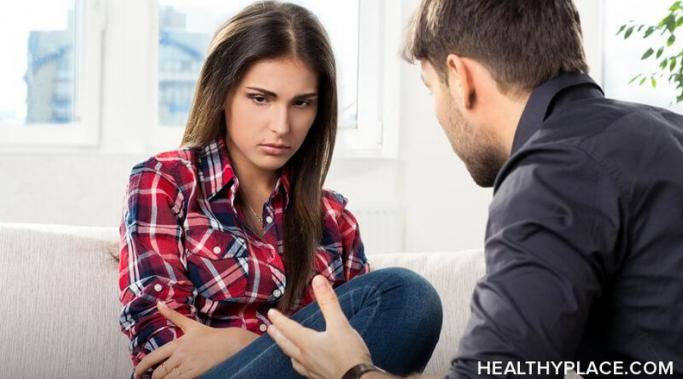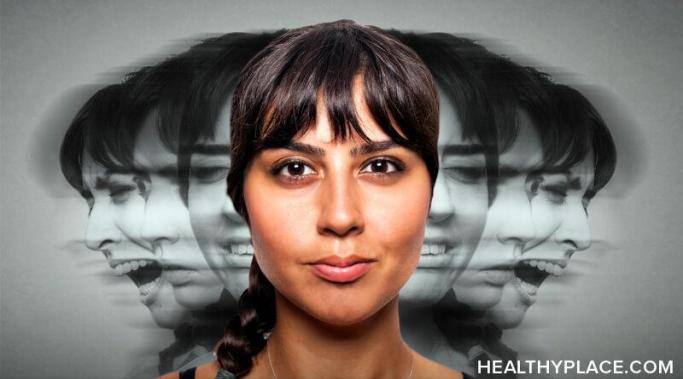Blogs
Technology is enabling a new breed of domestic violence: tech abuse in relationships. With the rise of tracking software, geotagging, Internet banking apps and social media, abusers now have more tools in their arsenal than ever before. This issue poses more questions than answers, such as who is addressing the role of tech abuse in controlling or violent relationships? And can technology ever be part of the solution, rather than just the problem? Let's examine tech abuse and the role of technology in abusive relationships.
Drawing boundaries for friends' partners really means drawing boundaries for friends. One of my best friends maintains a somewhat troubling, even emotionally abusive, relationship. She’s beautiful, talented, insightful, and joyful, but she constantly receives scathing feedback that she’s not good enough. He tells her that if she would just fix her problems, the relationship would be happy. That constant, biting criticism is not good for her. That any and all work on the relationship should be entirely hers because she is broken is not good.
We can all have a really bad day. Sometimes really bad days can cause feelings of depression. Read this article to see how I get through really bad days so that they do not bother me for too long.
Doctors do not diagnose most mental illness in childhood. I wasn't diagnosed with schizoaffective disorder until my early 20s. While the diagnosis made sense to me, it came as a surprise to many of my loved ones. I believe there were signs growing up that could have indicated that I would develop a mental illness, we just didn’t realize it until I was stable and on medication. There were signs of my mental illness in childhood.
I combat self-stigma with books about mental health because as much as I love the online world and the connections it's helped me make, there's something about a physical book that can't be beat. I often find myself looking for books when I want to read personal accounts of journeys with mental illness and health in general. It's not just about reading the stories though — I find I seek them out most when the noise in my head is too loud. Reading these kinds of stories actually helps me combat self-stigma drumming away in the back of my mind.
Talking about depression isn’t always helpful. Please know that I support movements to talk about our mental health. (If you haven’t yet, please read my previous post, part one of this two-part series, titled When We Need to Talk About Depression.) Good things happen when we talk about our depression. There comes a point, though, when the scales begin to tip and when talking about depression isn’t helpful.
My early signs of schizoaffective disorder showed up when I was as young as 11. But I wasn't diagnosed with schizophrenia until I was 19, and then re-diagnosed with schizoaffective disorder, bipolar type, four years later. However, there were definite early signs of schizoaffective disorder with bipolar symptoms during my preteen years.
Is summer anxiety a real thing? The effects of winter weather on mental health have been researched, and it's widely accepted that winter can cause seasonal affective disorder or seasonal depression. But how about the summer? Can the sunny, cheery season negatively impact mental health and anxiety? Countless online conversations indicate that summer anxiety is, indeed, real and can be disruptive to wellbeing. Knowing how summer weather can worsen anxiety will help you reduce and even prevent summer anxiety flare-ups.
You can understand mental illness more fully by reading great literature. Regular readers of this blog may have seen the video where I examined a poem by William Wordsworth and applied its wisdom to living with anxiety. I'm a former English major, and I firmly believe literature to be one of the most valuable tools we can use to come to terms with the challenges of life, mental illness included. Because this may seem foreign to many readers, I want to use this time to argue why you can understand mental illness better by reading literature.









